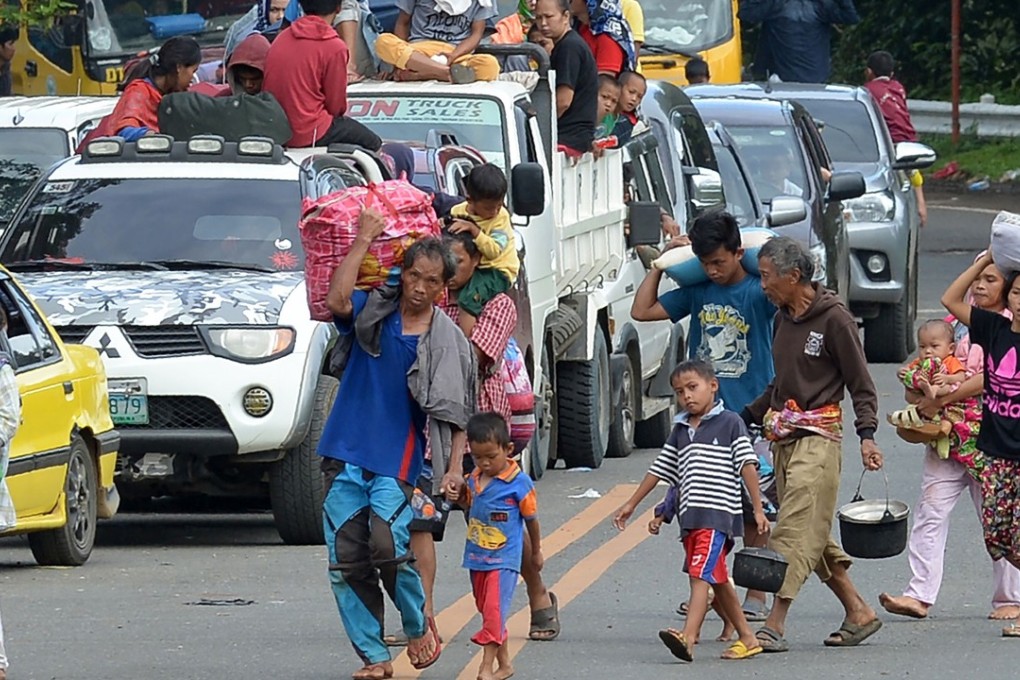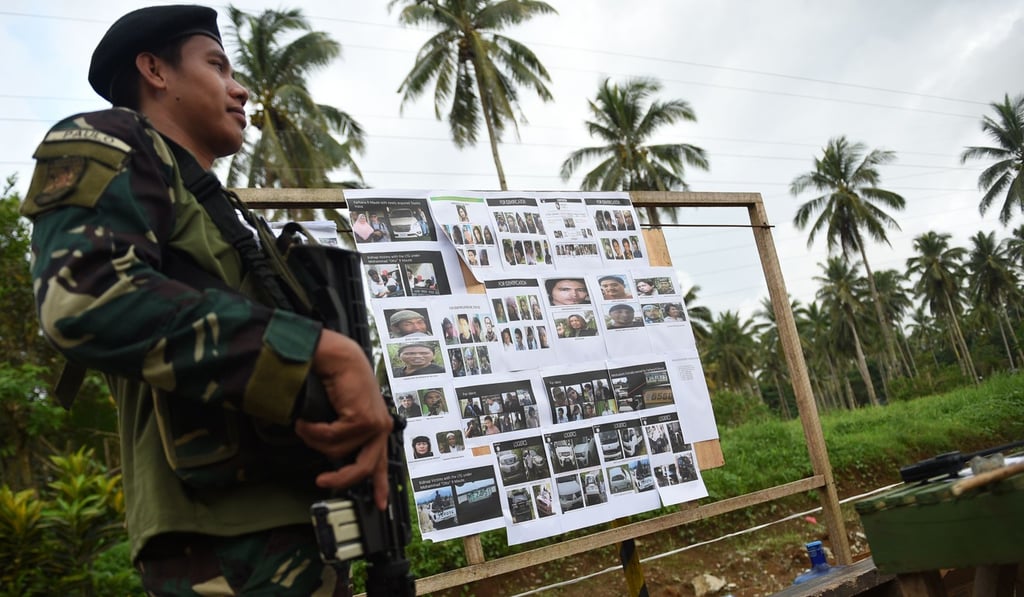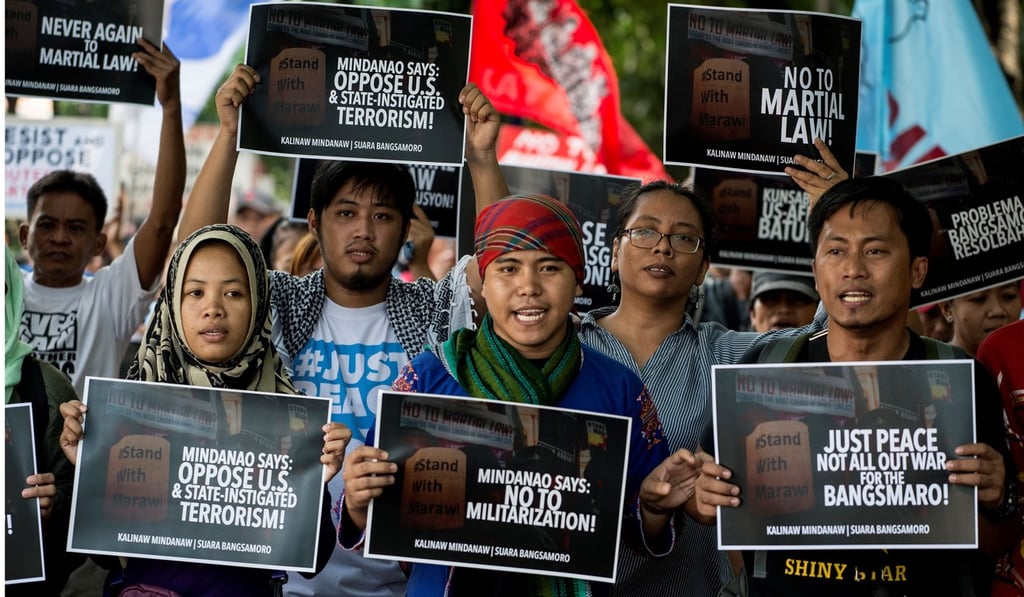Why Philippines’ Duterte needs a lighter touch, not martial law, to end militancy in Mindanao
Sherif A. Elgebeily says the suspension of rights under military rule is likely to fan the flames of Islamist extremism, when what President Rodrigo Duterte needs to do is address its causes, such as poverty, illiteracy and alienation


Why Duterte’s US split could help Islamic State rise in the Philippines
But Islamic militancy in the Philippines is unlikely to be ended by the introduction of martial law. Instead, law-abiding citizens look set to bear the brunt of inevitable democratic infringements and, contrary to the intended result, martial law is likely to fan the flames of home-grown Islamist extremism.
Martial law replaces civilian government with armed forces, granting increased powers to military personnel in the absence of habeas corpus – the right to be brought before a court in protection against arbitrary and wrongful arrests and detention.

Under martial law – which, according to the Philippine constitution, may last for 60 days before legislative approval is required for extension – citizens may be held without evidence and based solely on suspicion, as well as be tried in military tribunals rather than traditional courts of law.
In the words of Duterte himself, soldiers may “arrest any person, search any house”. But there are limits to martial law from which no derogation is permitted even under states of emergency.